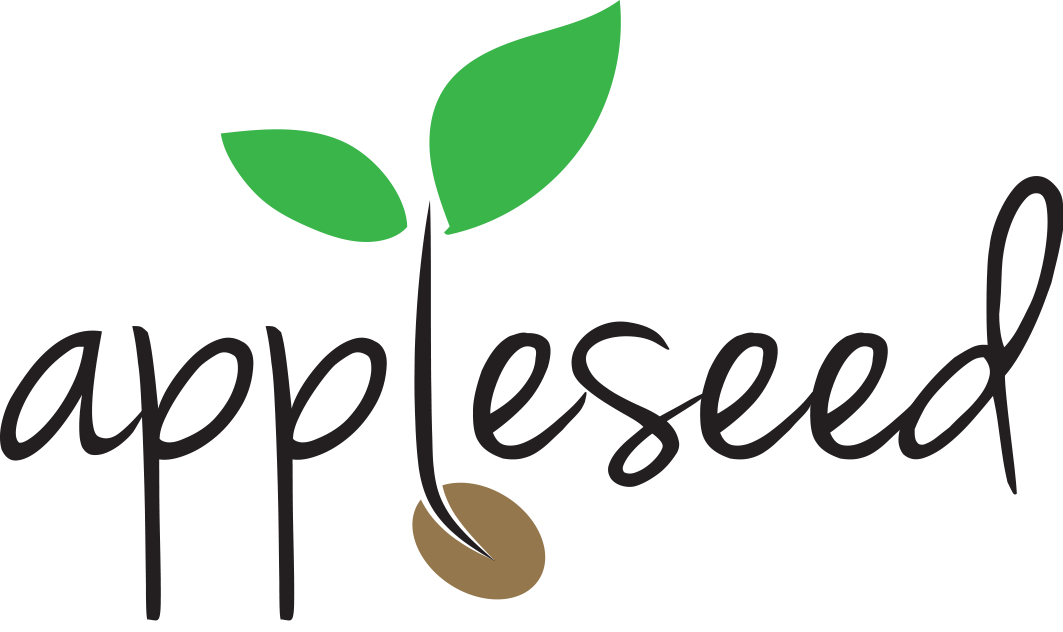Andrew Yang's Big Idea
Here’s my last letter of the year. Happy New Year!
I randomly met Andrew Yang back in 2019 at the airport when he was running for U.S. President. He was flying home to NYC, and I was headed there to interview as a finalist for the Echoing Green Fellowship for social entrepreneurship.
We ended up sitting together on the plane, talking about non-profits and our shared Chinese Taiwanese American heritage. He left me with a signed copy of his book.
When we said goodbye at baggage claim, I told him, “I hope you win.” He smiled and replied, “I hope you win. You’ve gotten further than I did 😉” (He had once reached the semi-finalist stage with Echoing Green.)
Since then, I’ve followed Andrew’s writing. About a year ago, he sent a newsletter titled How Things Grow.
In it, he remembers a student asking him, “Outside of political reform, how can we best bring about a human-centered economy that works for people in the age of AI?”
Andrew’s simple answer: “Help a non-profit grow, as they are based on more human-centered goals and values.”
However, having spent six years running a non-profit before entering politics, Andrew understood why it isn’t so simple for non-profits to grow and make an impact.
He explains: unlike for-profits, they rely on donor funding, and many donors can be wary of paying for things like good salaries, advertising, or risk-taking. Non-profits have less time to show results, and even when they find a promising solution, they lack the stock market or profits to fund the work.
Too often, we expect non-profits to run on passion, asking them to “make do with less or even take permanent vows of poverty in order to do good work.”
I’d add that for some organizations (not Appleseed, thankfully), donor funding comes with strings attached, which often prioritize funder-driven goals instead of community needs. The result? Top-down solutions that miss the mark.
Andrew ends his letter by sharing his idea of what a human-centered economy looks like:
“A thriving non-profit sector that 1. solves problems and 2. rewards people doing the work.”
Now how do you make that happen? It’s not like non-profits will suddenly stop relying on philanthropy or funders will suddenly stop influencing the work of non-profits.
I’m proud to say that Appleseed has created a way to make both parts of Andrew’s big idea come true:
We work with non-profits when their seemingly obvious solutions aren’t delivering the results they want, like the examples I recently shared with you: VisionSpring’s reading glasses that weren’t adopted in Bangladesh, or Saha Global’s clean water that wasn’t consumed in Ghana.
By spending time in the communities they serve, we help them truly understand what people want and need. This bottom-up approach leads to solutions that actually work—and preserves the dignity of the people being served.
But none of this would be possible without funders, like Cartier Philanthropy who I mentioned before. They’re a crucial part of the equation, and we’ve designed a model that works for them, too.
Funders subsidize 60–80% of our fees, making it affordable for non-profits in their portfolios to hire us. In return, we provide the local insights funders can’t get from their offices in NYC or Geneva. Their involvement also holds the non-profits more accountable to act on our insights and strategies, which helps their investments succeed. This not only de-risks their philanthropy but also gives them status among their peers—something every funder values.
Basically, it’s a win-win-win-win, with problems being solved and everyone being rewarded:
Non-profits achieve better results and attract more funding.
Funders see their investments succeed and gain recognition among their peers.
Appleseed grows sustainably, while staying focused on meaningful work with top non-profits, even those with limited budgets.
And most importantly, the problems of poverty actually get solved in communities, and in ways that honor human dignity.
Together, we’re building the thriving, human-centered non-profit sector that Andrew Yang and so many of us envision. This has only been possible because people like you gave trust and support to Appleseed.
For the past nine years, I’ve ended the year asking for donations to help keep moving in the right direction. Would it be too much to ask a tenth time?
Thank you for being part of this journey. I wish you a wonderful 2025.
-Philip

